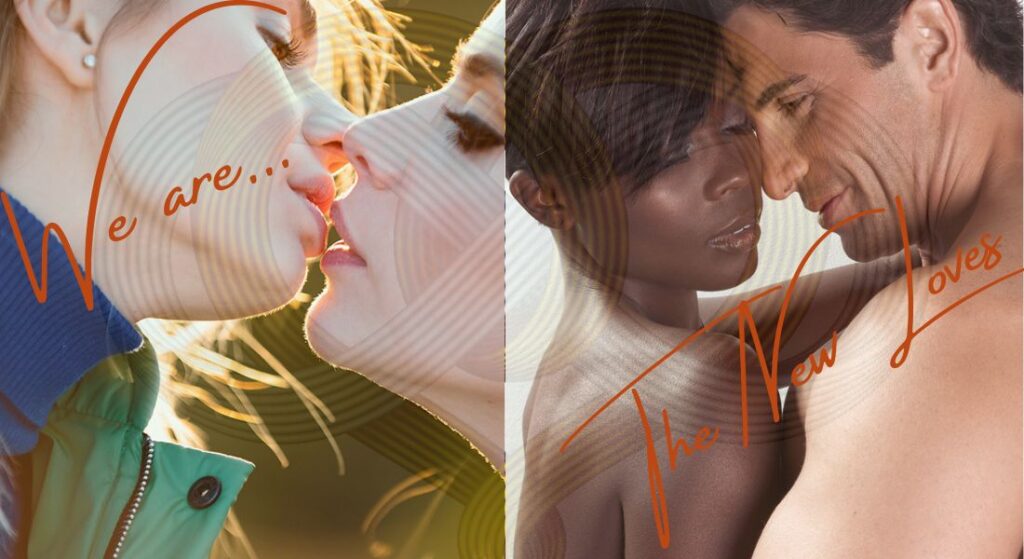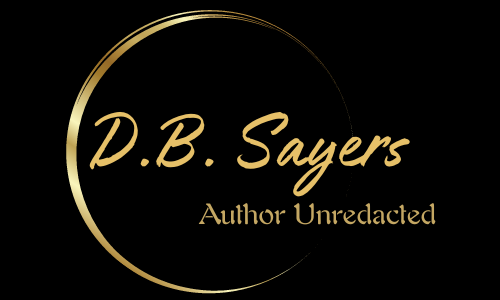Happy Holidays
I wanted to take a moment to wish everyone a happy holiday season and (especially) to thank you who have regularly visited the site over the past year. We all have limited time at our disposal and no end of demands on our attention. For those who have stuck with me through the past couple years (or however long you’ve been dropping by) thanks so much. May what’s left of 2024 and 2025 treat you well.
The Times are a' changin'...and we need to get over it!

Our Particular Now
I don’t remember how old I was when I first speculated that, as a species, we might be headed in the wrong direction. Twelve or thirteen, maybe? “The winds of revolution” was a phrase that kept running through my head. I don’t remember where I first heard (or read it)…or why it stuck.
I do remember vividly, however, when it all first clicked. I was a junior in college the year the Tofflers published Future Shock. Their book highlighted something I had sensed without fully understanding, never mind being able to articulate.
Looking back, the book’s effect on me was an outgrowth of two things. The first was how it dealt with the collision of new ideas on the world stage. It was balanced and non-judgmental. The second thing that stood out was the Toffler’s perceptive observations with respect to how those new ideas might shape our future.
Future Shock kindled my fascination with change, and what we perceive as reality. A fascination readers of my work know is one of the thematic underpinnings of everything I write. Irrespective of genre, change and how it affects the characters in the story is at the core of all my work. In a very real sense, it mirrors our age and how we experience it.
Whether we’re talking about #MAGA, versus, “We’re not going back,” or 4B versus MGTOW, the problems occur when we mistake decent humans under the influence of flawed information or ideas for people who are irredeemable or irretrievably wrong.
Future Shock and Society
As I noted in a post I wrote in 2021 for Medium, my top-line takeaway from Future Shock was that the rate of change is accelerating—and doing so geometrically rather than arithmetically. (A link to the article appears at the bottom of this newsletter). At the time of publication, the Tofflers opined that the rate of change was already outstripping society’s collective ability to adjust constructively. The reason, the Tofflers noted, was that the sociological defaults by which we had traditionally made sense of life were becoming increasingly less relevant. In retrospect, while a number of the predictions in Future Shock have not materialized, I think the book understated the cumulative effect that accelerating change would have on society—both locally and globally.
Far the most important prediction they made, in my view, was how change would affect those unprepared for its sweeping social impact. This line hit hardest.
“The illiterate of the 21st century will not be those who cannot read and write, but those who cannot learn, unlearn, and relearn…” The Tofflers in Future Shock (Emphasis mine).
Change has always been a constant. What is new is how fast it comes at us. Whether it’s the mainstreaming and general acceptance of same-sex love, or the overdue emergence of women in positions of power, change is very much in our face. The same goes for the recognition that war, overpopulation and human activity in general are rendering our planet increasingly less hospitable. The consequences of our actions coming home to roost in the changes we have wrought together.
But among the most bewildering paradoxes to me is how our 24/7 connectedness has led to fragmentation of thought—how it has fostered divisiveness and the apparent demise of nuance. Be it via the internet or 5G mobile devices, our connectedness seems to have optimized one of mankind’s favorite sport…contentious disagreement.
The practical outcome is that we are growing increasingly divided socially, politically and culturally. Today we aren’t communicating. Rather, we are having points of view shouted at us by the paid-stream media monetizing our attention with increasingly insulting advertising. As a result, many of us have grown increasingly distrustful of what passes for news and turned to alternate sources.
Unfortunately for our decision-making process, many of the alternate sources to which we turn are even less reliable factually, than the (admittedly flawed) mainstream media. And our understanding of increasingly complex matters has suffered as a result.
The practical outcome is that we are apparently growing increasingly divided socially, politically and culturally. I say apparently because I find most people with whom I converse still fall somewhere toward the center. This is true, I think, whether we’re talking about social trends, politics or spirituality.
What seems to be missing in our discourse is a gravitational pull toward the median. It’s not hard to understand why. The loudest voices are at the extremes. And both extremes are hawking a viewpoint, rather than the best version of a frequently complicated truth.
Change and Fiction
Irrespective of genre, fiction is at once a creative endeavor and a mirror held up to our faces. A speaker at a writer’s conference once referred to himself as a professional liar. Storytelling, he opined, is selling your readers on something that never happened. (He was very good at it, by the way). But while the plot of those stories may be inventions of imagination, characters, emotions and underpinning themes must be true to life. Otherwise, the stories are never read—or at least not finished.
As we close on 2025, I feel obliged to mirror to some extent the sense of angst and foreboding that seems to have settled over portions of America in the wake of the 2024 election. Since the pandemic and the overturn of Roe V. Wade, there has been a resurgence of dystopian tales much like some of the films popular in the 1960s.
As a closet optimist, while I understand the angst, I believe all of us are not simply in need of hope, I believe we are better than we realize. The problem is, we’re listening to the wrong “thought leaders.” How much better off could we be, if instead of sewing fear and division, we listened to each other just 10% more often to understand rather than argue? How much more could we accomplish if we saw each other as part of the same whole, rather than different tribes with ideas irreconcilable with our own values?
Before the election, I drove across country, stopping along the way in what is euphemistically referred to as “fly over country.” At each stop along my trip, the people I met reminded me that irrespective of where we call home, we’re more alike than different.
Which is not to claim there is some magical commonality that lies just beneath the surface waiting to be accessed. But how much better off would we be if we recognized each other as fellow citizens, rather than adversaries? In the end, it’s up to us as global citizens. Make it a great 2025.
